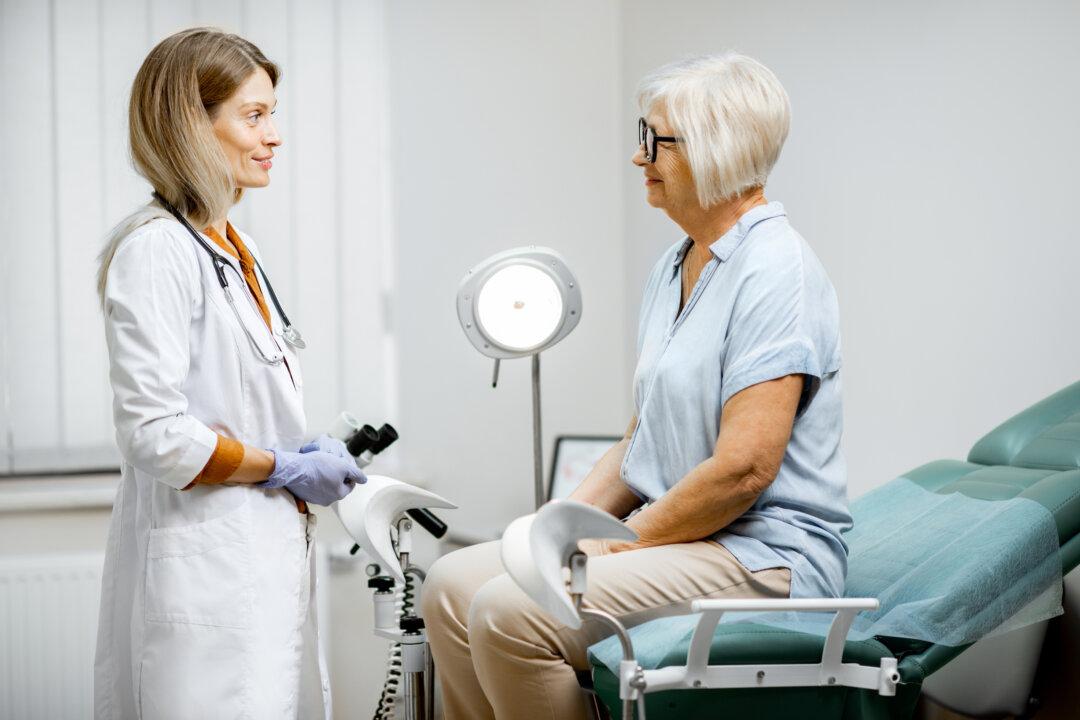There’s an old joke about second opinions. What do you call a doctor who finishes in the bottom of their class? Doctor. So always get a second opinion—maybe even a third.
P.L. was a lovely 42-year-old woman who had two kids and wasn’t planning on having any more. She was getting more and more frequent and heavy periods. Her bleeding made her anemic, and her hemoglobin was 8.8 (normal would be 12–15). She was exhausted and wanted it to stop. I was her third opinion.






